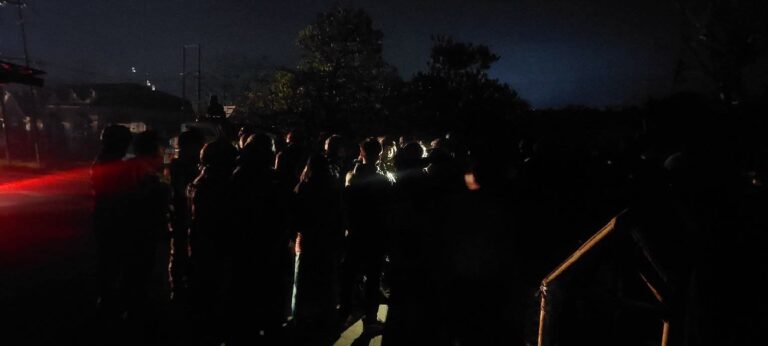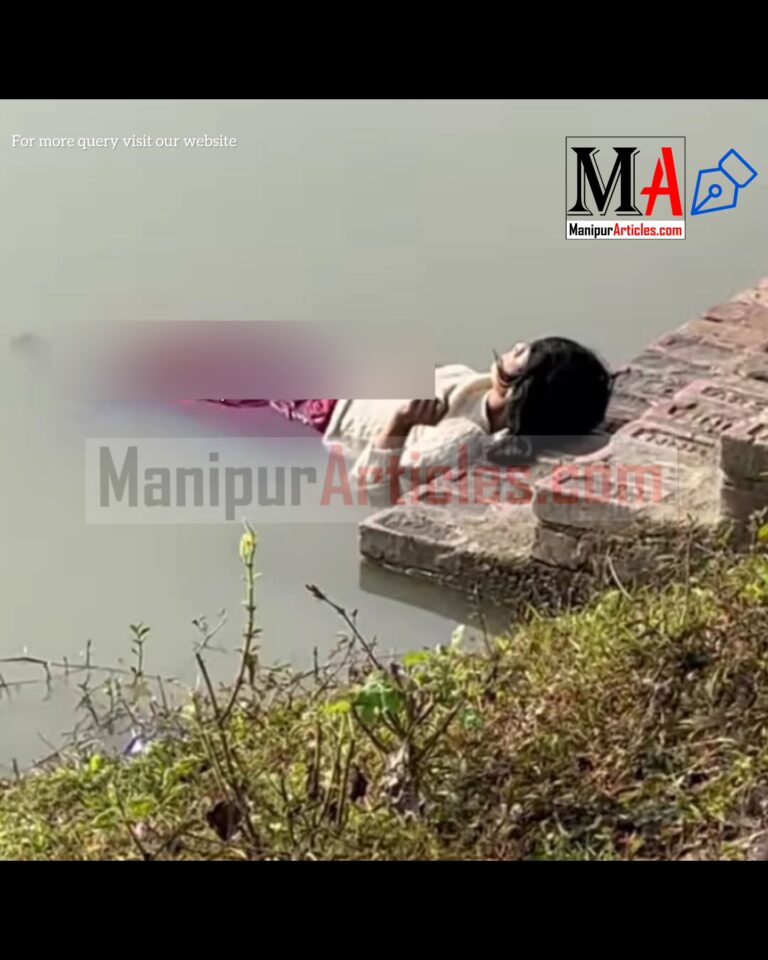Centre Grants Fourth Extension to Manipur Violence Inquiry Commission: New Deadline Set for November 2025
Summary of the News Article
The Union Ministry of Home Affairs has granted a fourth extension to the Commission of Inquiry investigating the ethnic violence in Manipur, now setting the deadline for the final report to November 20, 2025. Established on June 4, 2023, the three-member panel—led by former Gauhati High Court Chief Justice Ajai Lamba, along with retired IAS officer Himanshu Shekhar Das and retired IPS officer Aloka Prabhakar—was initially tasked with submitting its findings within six months. However, due to the complexity of the situation, the commission has received multiple extensions. The inquiry focuses on the causes, spread, and administrative responses to the violence that erupted on May 3, 2023, resulting in over 260 deaths and thousands displaced.
Deep Dive: Understanding the Manipur Violence and the Ongoing Inquiry
Background: What Sparked the Unrest?
On May 3, 2023, Manipur witnessed a sudden eruption of ethnic violence primarily between the Meitei community, predominantly residing in the Imphal Valley, and the Kuki-Zo tribal groups from the surrounding hills. The immediate trigger was a protest against the Manipur High Court’s recommendation to grant Scheduled Tribe (ST) status to the Meiteis—a move opposed by the hill tribes fearing loss of their ancestral lands and political representation.
The protests quickly escalated into widespread violence, leading to arson, destruction of religious sites, and loss of lives. The state’s administrative machinery struggled to contain the situation, prompting the central government to intervene.
Formation of the Commission of Inquiry
In response to the escalating crisis, the central government established a Commission of Inquiry on June 4, 2023, under the Commissions of Inquiry Act, 1952. The commission’s mandate includes
- Investigating the causes and spread of the violence.
- Examining the administrative response and any lapses therein.
- Assessing the adequacy of measures taken to prevent and control the riots.
- Looking into complaints or allegations from individuals or associations.
The commission is chaired by former Chief Justice Ajai Lamba, with members Himanshu Shekhar Das and Aloka Prabhakar bringing administrative and law enforcement expertise.
Extensions and Delays: A Timeline
Initially, the commission was to submit its report within six months. However, the complexity of the situation led to multiple extensions:
- First Extension: Granted in November 2023, extending the deadline by six months.
- Second Extension: In May 2024, another six-month extension was approved.
- Third Extension: December 2024 saw the deadline pushed to May 20, 2025.
- Fourth Extension: The latest extension sets the new deadline to November 20, 2025.
These extensions reflect the challenges in gathering comprehensive data, recording testimonies, and analyzing the multifaceted aspects of the violence.
deep-seated wounds inflicted by the unrest.
Frequently Asked Questions (FAQs)
Q1: Why has the Commission of Inquiry received multiple extensions?
The commission has faced challenges in collecting data, recording testimonies, and analyzing the complex socio-political factors contributing to the violence, necessitating additional time.
Q2: What triggered the ethnic violence in Manipur?
The immediate trigger was a protest against the Manipur High Court’s recommendation to grant Scheduled Tribe status to the Meitei community, leading to tensions with the hill tribes.
Q3: Who are the members of the Commission of Inquiry?
The commission is chaired by former Gauhati High Court Chief Justice Ajai Lamba, with members Himanshu Shekhar Das (retired IAS) and Aloka Prabhakar (retired IPS).
Q4: What are the expected outcomes of the commission’s report?
The report is expected to provide a detailed account of the violence, identify responsible parties, and recommend measures to prevent future conflicts.
Q5: How has the violence affected the local population?
The violence has resulted in over 260 deaths, displacement of around 60,000 people, and destruction of homes and religious sites, deeply impacting the social fabric of the state.




